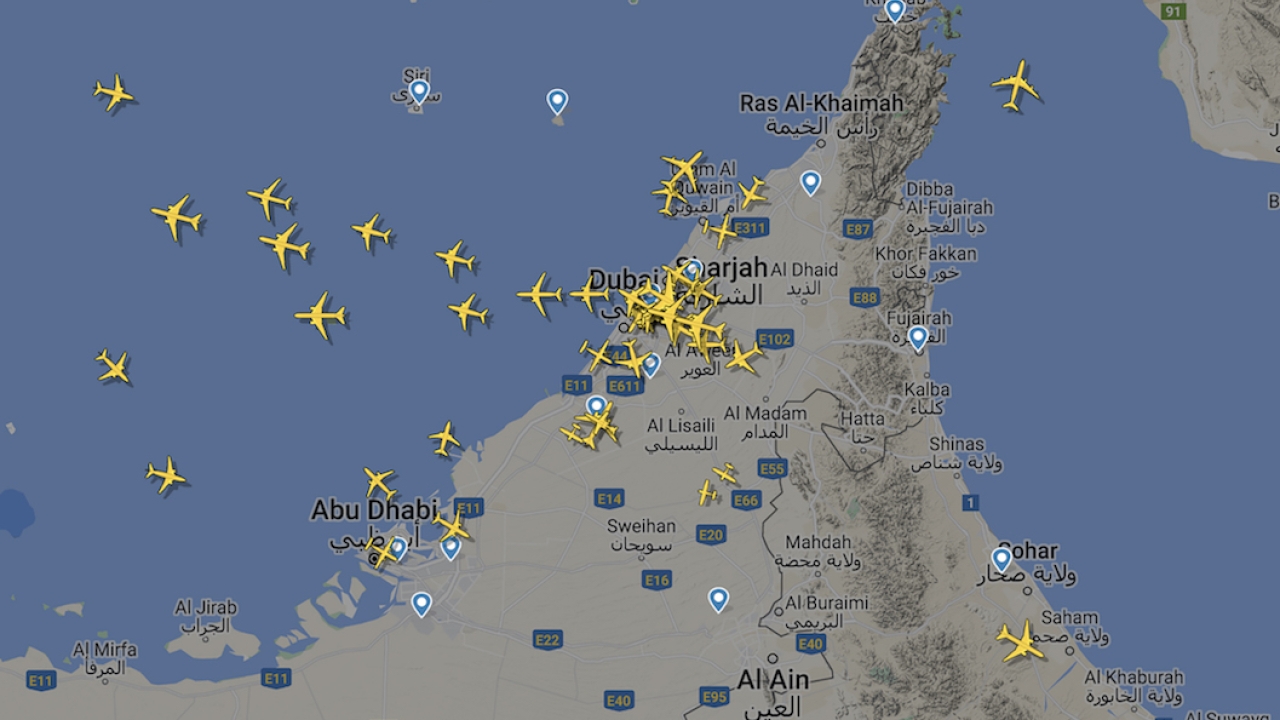Beware putting profit before safety airline delegates told

The third edition of event, held under the patronage of Sheikh Ahmed bin Saeed Al Maktoum, President of Dubai Civil Aviation Authority (DCAA), was opened in Dubai today by Mohammed Abdulla Ahli, director general, DCAA.
The importance of investing in aircraft and passenger safety emerged as a key area of discussion at the summit, which brought together regional and international aviation experts to share innovative techniques to improve safety in air travel and explore how global safety standards must be implemented.
Safety specialists deliberated if aviation players were reluctant to invest more in safety given that aviation remains the safest means of transportation.
“Aviation growth in the Middle East continues to regularly outpace growth in the global industry by an average of 5 to 10% per cent,” said Jeff Johnson, President of Boeing Middle East, (Pictured right). “As air travel continues to expand, airlines and aircraft manufacturers must invest in modernising their aircraft fleet and technology to ensure greater safety for passengers and aircraft.”
“Cost should not be a consideration for airlines when it comes to the safety and security of their passengers,” said Hussein Dabbas, Regional Vice President, Africa and Middle East at The International Air Transport Association (IATA).
Captain Elias Sadek, Vice President Safety & Quality at EgyptAir Holding Company, agreed, flagging attention to the additional funds airlines later spend on handling the consequences of aviation safety failures such as searching for lost aircraft.
“Regulators must make it mandatory for airlines to invest in improving safety technology and systems – we owe it to our passengers, consumers and families,” he added. “If there is no pressure, the funds will be spent elsewhere.”
Aviation experts also discussed the impact of carrying hazardous materials on cargo and passenger aircraft that enhances flight risk.
Mohammed Ali Bin Yalwan Al-Falahi, Investigation Manager Airport Customs, Passenger Operations at Dubai Customs noted that many regional passengers ignore the safety messages communicated by airlines, airports and other authorities.
“Passengers are still unaware about what they should or should not carry on-board an aircraft,” he said. “Many still carry harmful items such as pesticides, chemical powders and even bullets.”
Other speakers and delegates joined in the conversation, emphasising that the relationship between risk and cost is not as simple as it appears. Maintaining the perception of low flying risk is also imperative to the growth of the industry among passengers.
“Demonstrating the return on investment for aviation safety is extremely difficult as the relationship between an action and its impact on safety is not linear,” added Dr Ashley Nunes, an independent industry analyst from France. “There are multiple layers of defences, checklists and automation that impact this causal relationship.”
“Despite all these issues, we must remember that airplanes are still the safest way to travel,” added Hussein Dabbas from IATA. “Last year, of the 3.3 billion passengers who travelled on airplanes across the world, there were only 12 fatal accidents from 38 million global flights. However, even one fatality is one too many.”
The event is organized by Streamline Marketing Group with Arabian Aerospace as a media partner. The magazine’s editor Alan Peaford is the chairman of the conference which ends on Tuesday.
Stay up to date
Subscribe to the free Times Aerospace newsletter and receive the latest content every week. We'll never share your email address.

